Russia, China blast Western ‘blackmail, threats’ as sparring plagues G20 summit
Russia and China have denounced the West for employing “blackmail and threats” against other countries following a G20 summit which was overshadowed by sparring over the Ukraine war.
Russian Foreign Minister Sergei Lavrov met his Chinese counterpart Qin Gang on the sidelines of the summit in New Delhi on Thursday, the Russian Foreign Ministry said in a statement.
"A unanimous rejection was expressed of attempts to interfere in the internal affairs of other countries, to impose unilateral approaches through blackmail and threats, and to oppose the democratization of international relations," the statement said.
According to the ministry, Lavrov and Qin also discussed Russia's year-long military campaign in Ukraine.
China last week put forward a 12-point document for peace talks between Kiev and Moscow to end the war. The Russian statement pointed to a "high degree of closeness" between Moscow and Beijing.
At the summit, the US and its European allies sparred with Russia over the war in Ukraine, with the rival sides each accusing the other of destabilizing the world.
The Americans and the Europeans urged the Group of 20 (G20) nations to keep up pressure on Moscow to end the conflict, now in its second year.
Russia hit back, accusing the West of turning work on the G20 agenda into a "farce" and said Western delegations wanted to shift responsibility for their economic failures onto Moscow.
Lavrov, Blinken have brief encounter
US Secretary of State Antony Blinken and Russian Foreign Minister Sergei Lavrov had a brief encounter on the meeting's sidelines.
Blinken told Lavrov that Washington was prepared to support Ukraine for as long as it takes, a senior US official said.
Russia warned that the involvement of the United States and NATO in the war in Ukraine risks bringing "catastrophic consequences".
Russian Deputy Foreign Minister Sergei Ryabkov told the Conference on Disarmament in Geneva that "the most acute strategic threat is posed now by the US and NATO policy aimed at further fomenting the conflict in and around Ukraine."
"Their growing involvement in an armed confrontation is fraught with a direct military clash of nuclear powers with catastrophic consequences."
Thursday's G20 meeting drew to a close without a joint statement -- the second such meeting of the bloc to fail to reach an accord in as many weeks.
Lavrov said Western representatives derailed the meeting in an effort to scapegoat Russia for their own failings, disrespecting efforts by the Indian hosts to reach agreement on other issues.
Discussions over the joint statement faltered on several issues including Russia's insistence on an investigation into the sabotage of the Nord Stream pipeline last year, the foreign minister told reporters through an interpreter.
"The declaration was blocked and the outcome of the discussion will be described in the summary that the Indian presidency would speak about," Lavrov said.
The preliminary results of a joint probe by Sweden and Denmark showed the blasts had been "intentional sabotage," but responsibility was not assigned to any party. Moscow, however, has been blaming the West ever since the explosions.
In February, the issue resurfaced when American investigative journalist Seymour Hersh, in a detailed report published on his blog, claimed the bombing of the Nord Stream underwater gas pipelines in the Baltic Sea had been directly ordered by US President Joe Biden and carried out by the CIA with the help of the US Navy.
The differences frustrated India, which said it wanted to use its year as host to focus on issues such as alleviating poverty and climate finance.
"On the issue, which very frankly concerned the Ukraine conflict, there were divergences, there were differences, which we couldn't reconcile between various parties," Indian Foreign Minister Subrahmanyam Jaishankar told reporters.
Earlier in the day, Indian Prime Minister Narendra Modi said global governance had "failed" and urged attendees to come together for the sake of developing countries not represented there.
India is a major buyer of Russian arms and has ramped up Russian oil imports.
VIDEO | Press TV's news headlines
Iran: World bears responsibility to counter Israel’s rights violations in West Asia
Saudi Arabia condemns Israel’s seizure of West Bank land, warns of regional instability
Israeli producer of anti-Iran propaganda series ‘Tehran’ dies in Greece
Diplomacy and deterrence: Iran focused on reaching nuclear deal – without compromise
British Museum faces backlash for eliminating references to ‘Palestine' from displays
Global outage hits X users: Thousands report access issues
US warship seizes second Venezuelan oil tanker in Indian Ocean


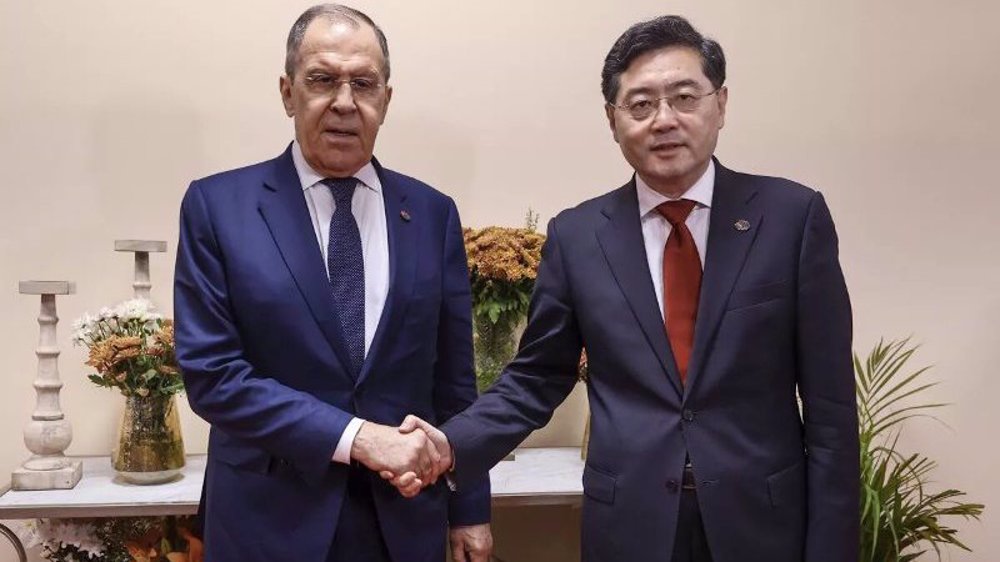
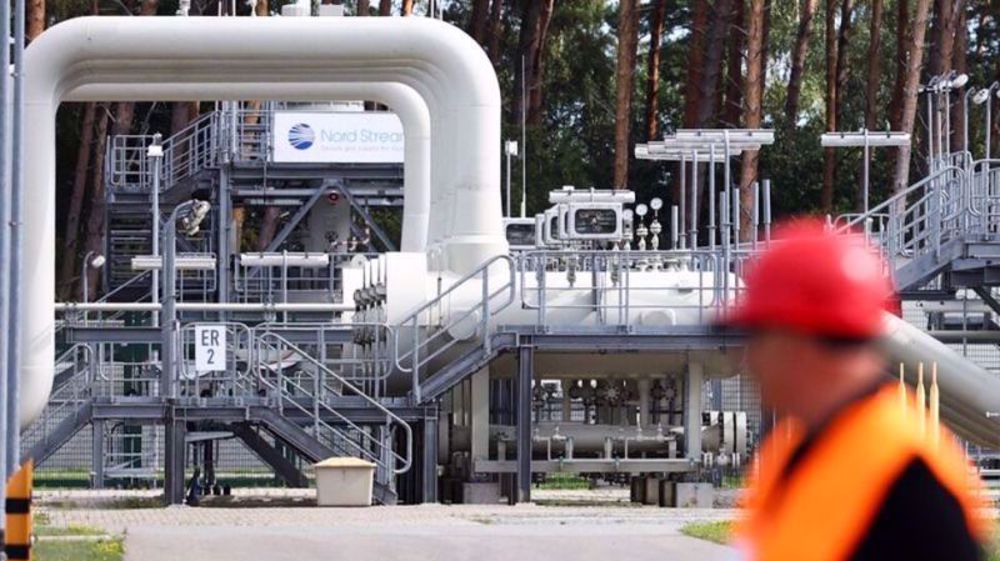
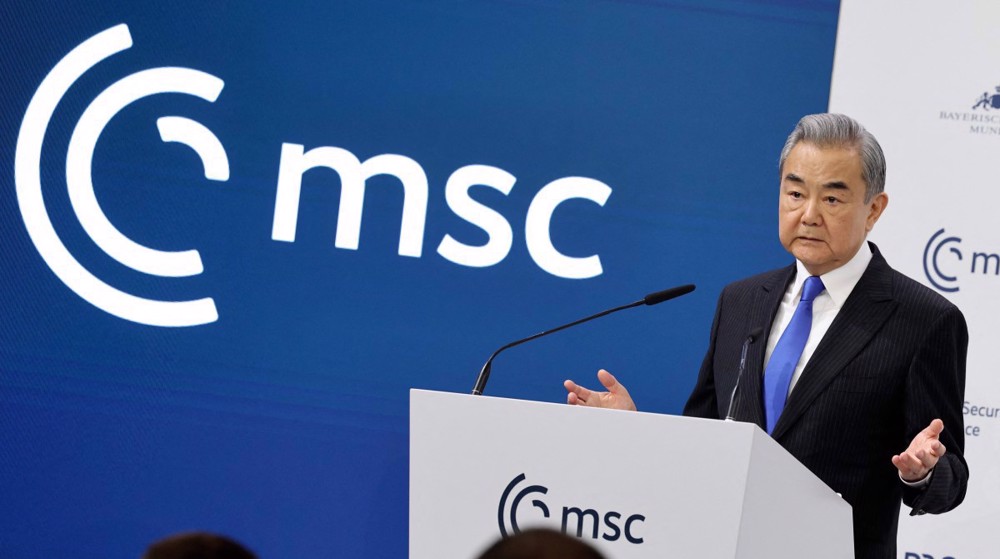
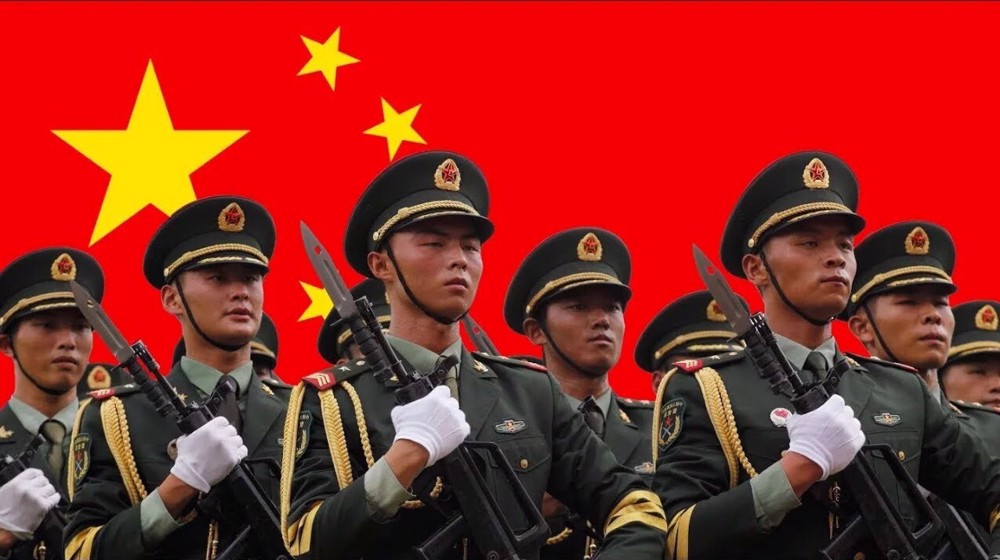
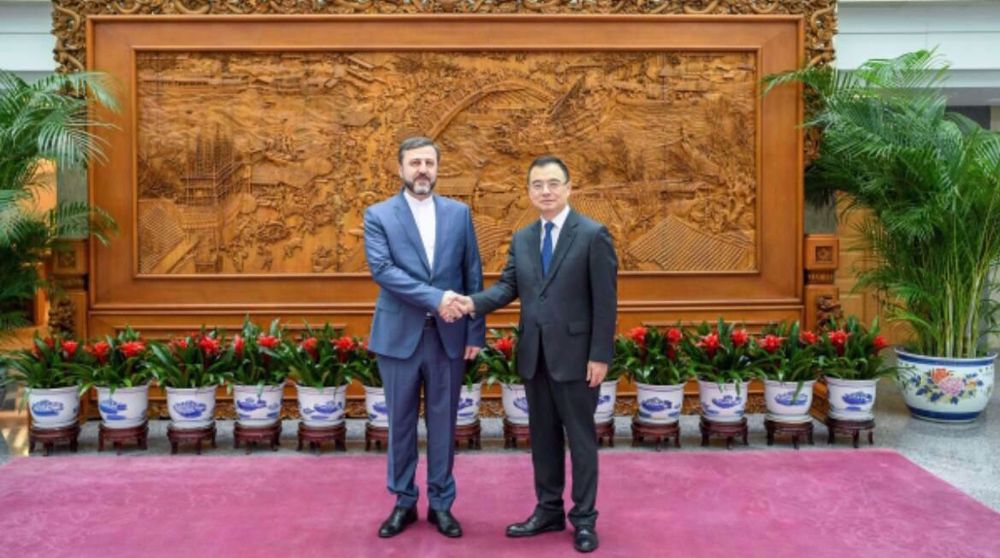




 This makes it easy to access the Press TV website
This makes it easy to access the Press TV website